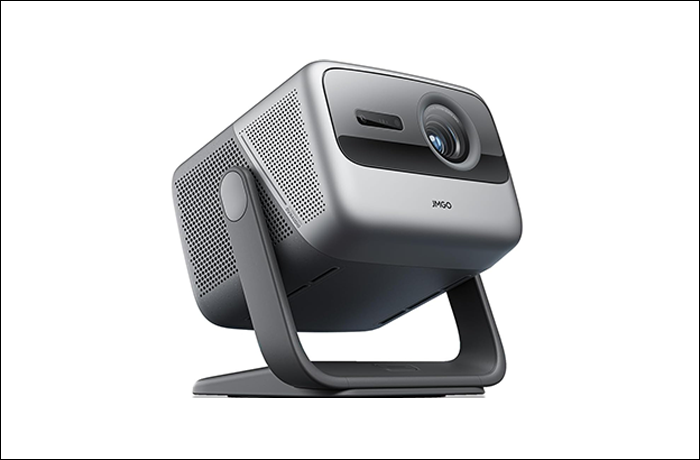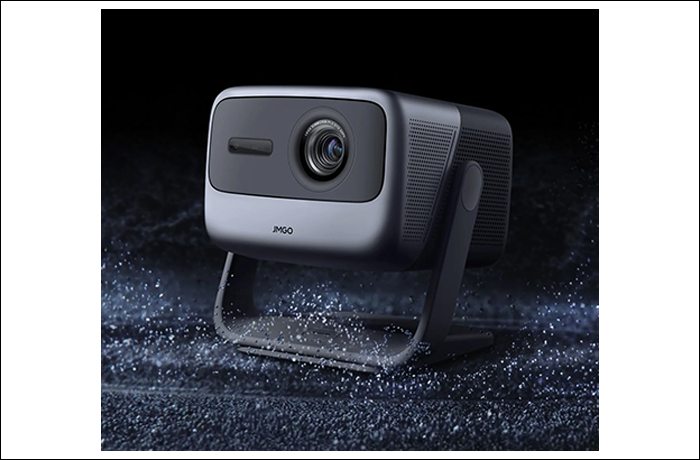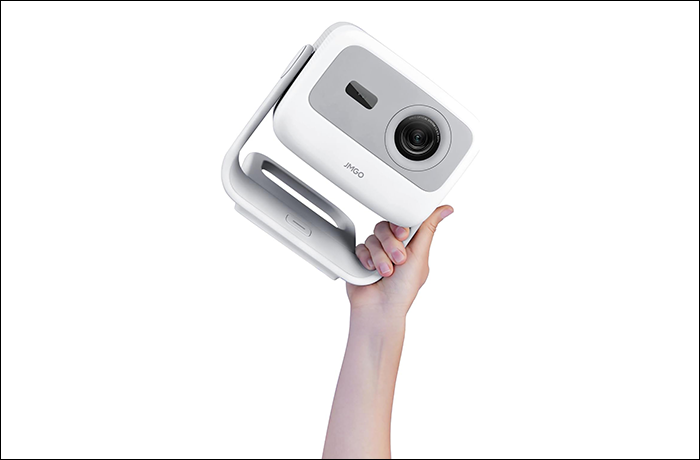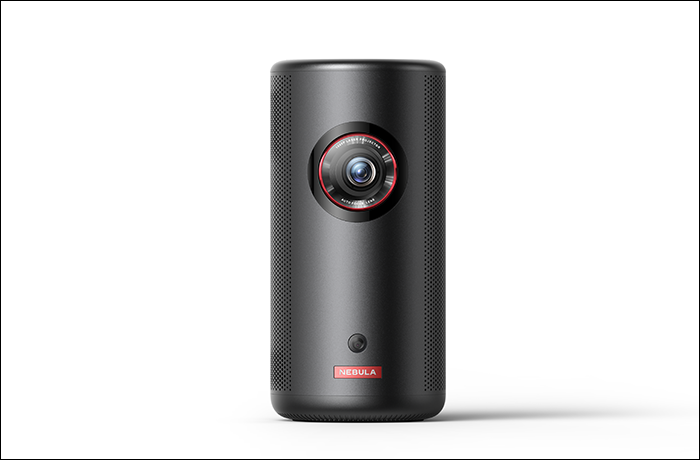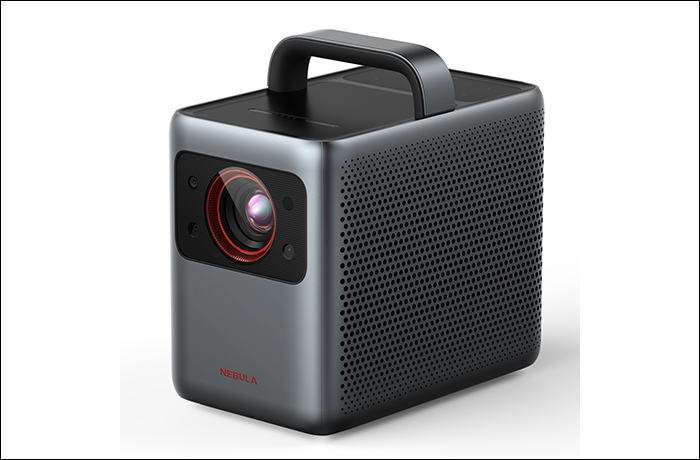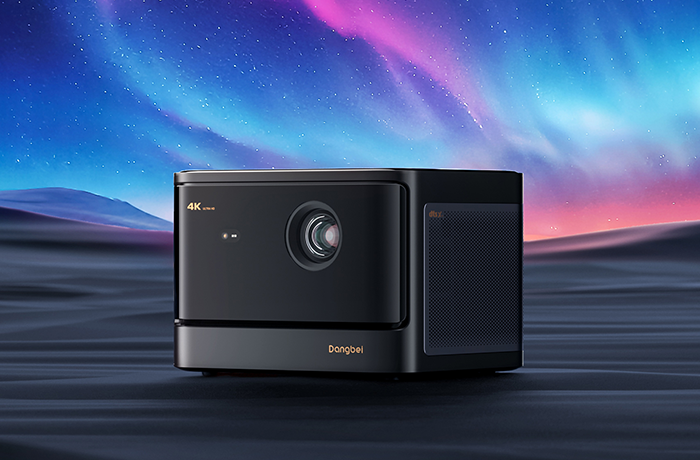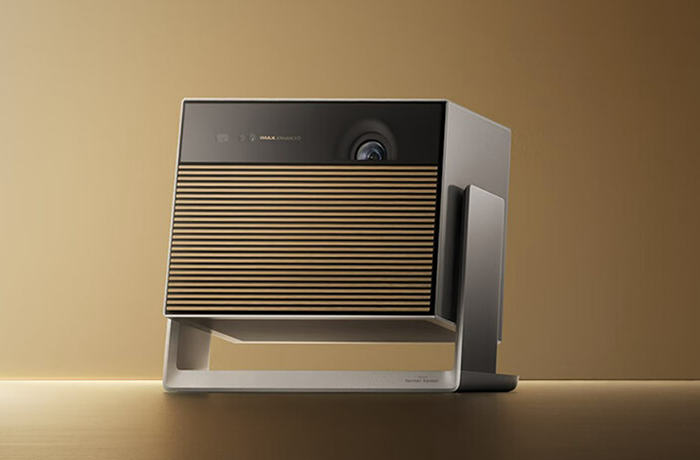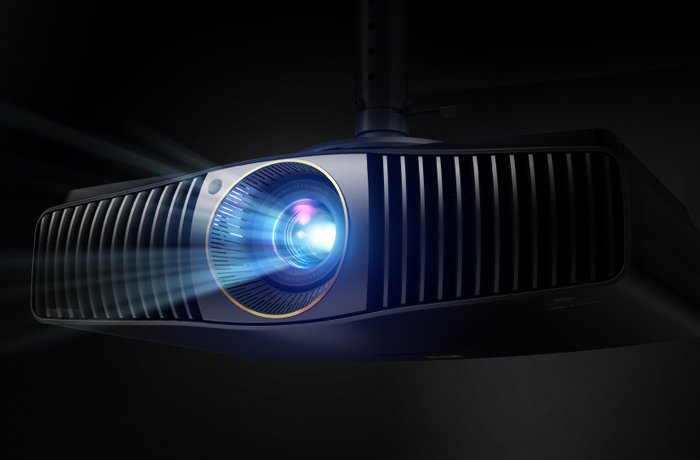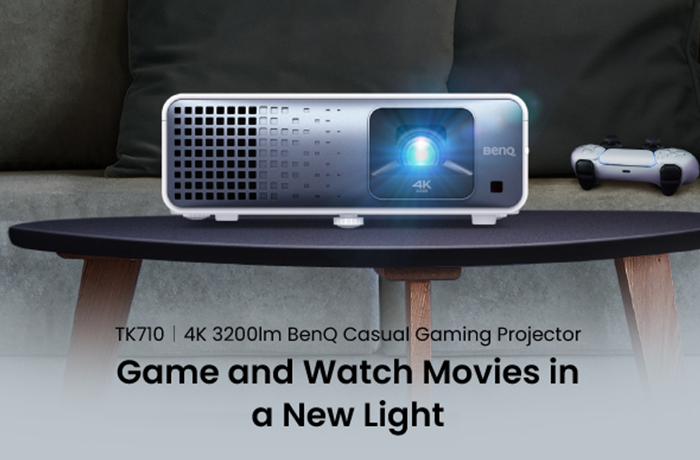Nichia's Laser Diode Technology Received a Scientific and Technical Award from the Academy of Motion Picture Arts and Sciences (AMPAS)
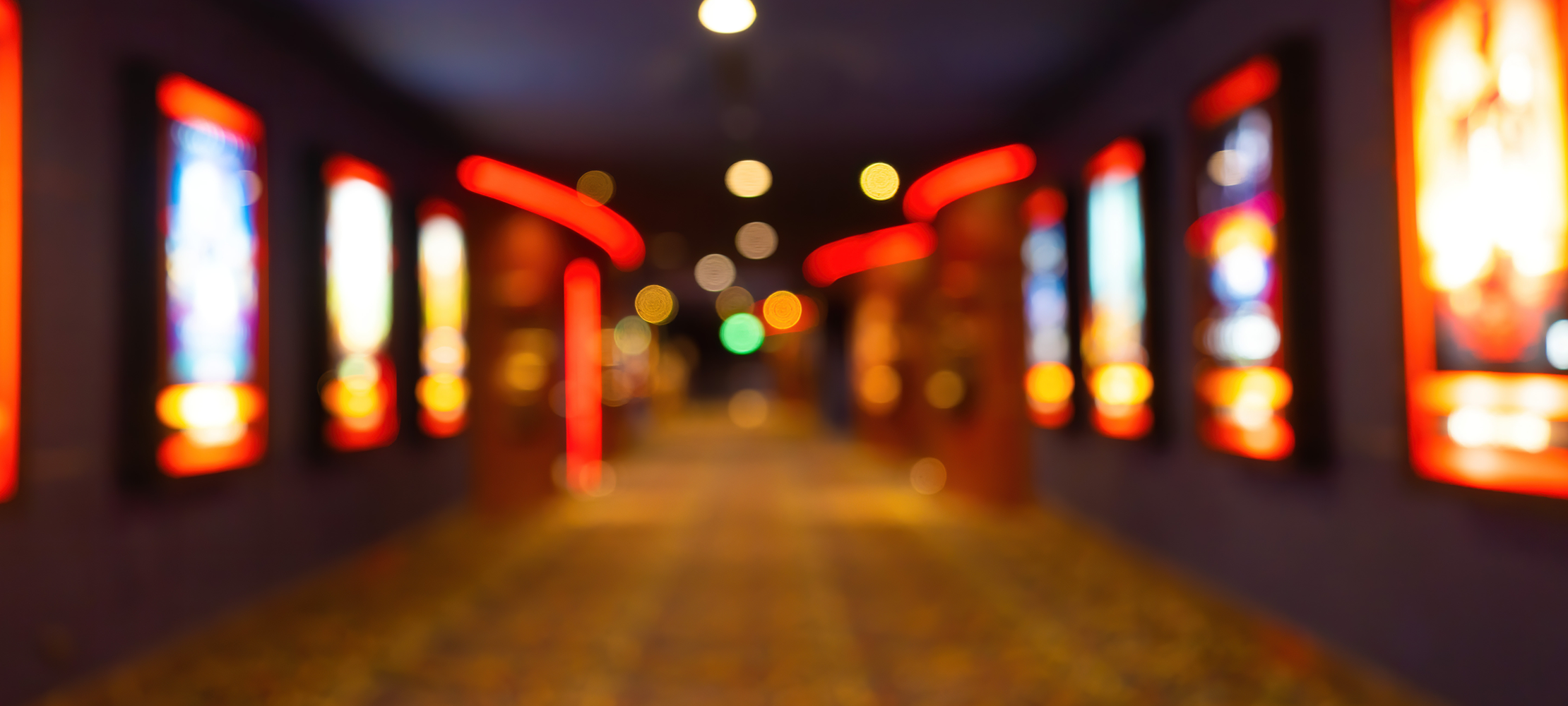
Nichia's laser diode technology has been recognized for its contribution to the advancement of the motion picture industry and has received a Scientific and Technical Award from the Academy of Motion Picture Arts and Sciences (AMPAS).
About the Academy Awards for Science and Technology
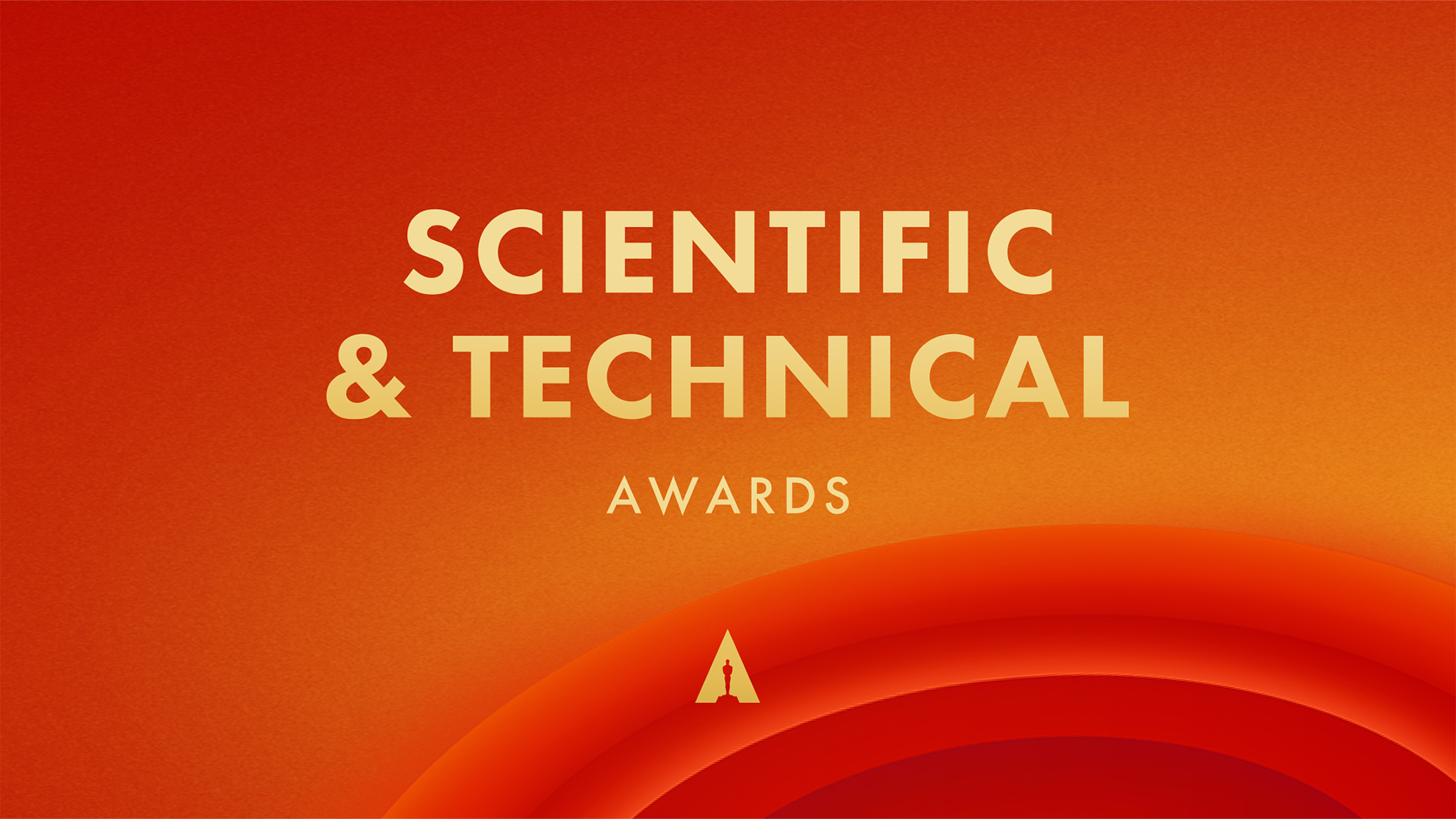
The Academy's Scientific and Technical Awards are given to companies and engineers who have developed significant technologies that have contributed to the motion picture industry.
Five of Nichia's LD engineers involved in the development of the blue and green laser light sources used in laser projection systems for movie theaters have been awarded in the category of "Technical Achievement Award".
Nichia's blue and green laser diodes have been widely adopted in laser projection systems for movie theaters, and Nichia's contribution to their widespread use has been highly regarded.
The 96th Academy Scientific and Technical Awards Ceremony
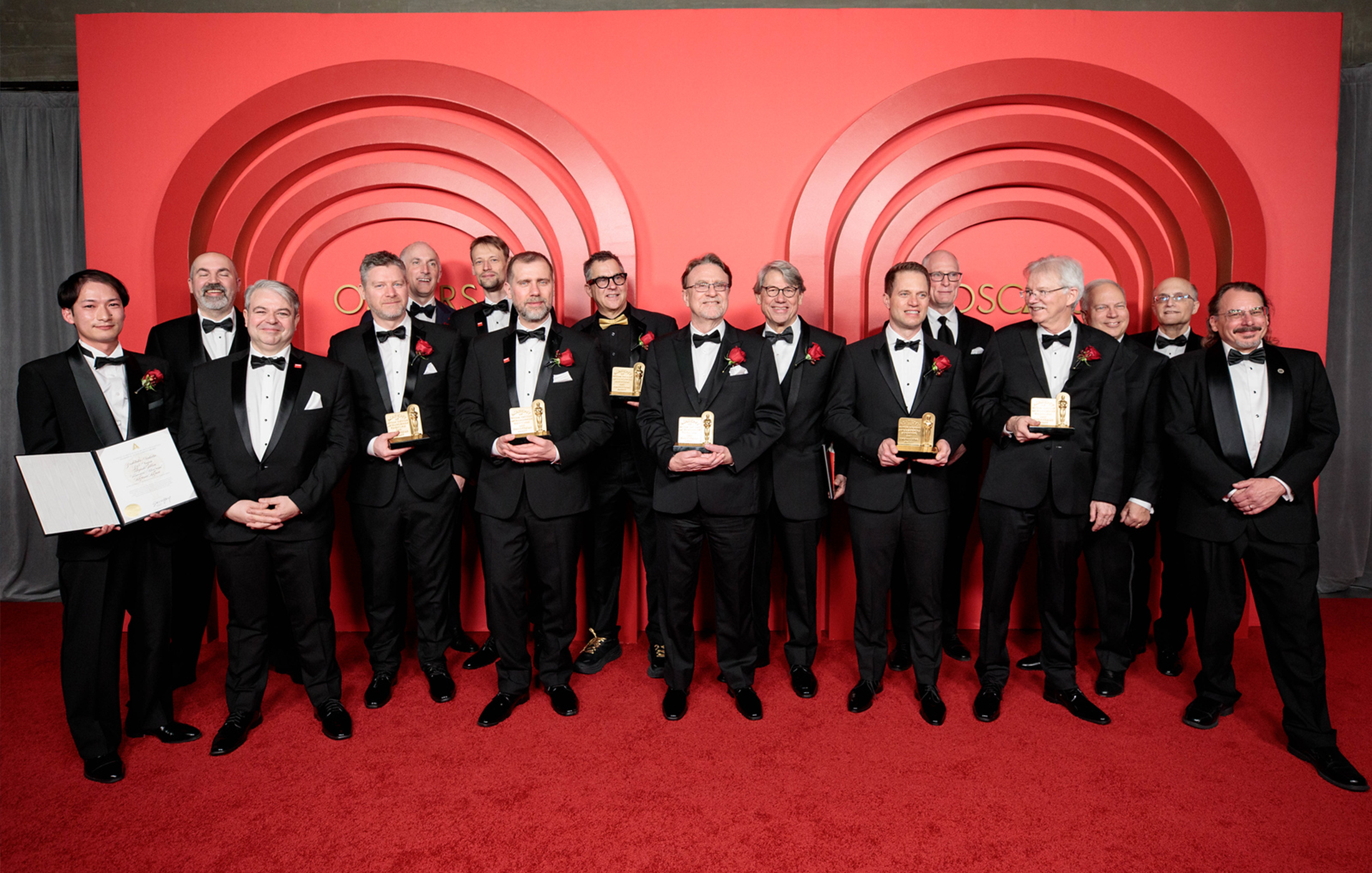
Group photo of the 96th Academy Scientific and Technical Awards Ceremony (Image©A.M.P.A.S.(R))
Nichia's Laser Diode Development Dept. team members recognized by the Academy
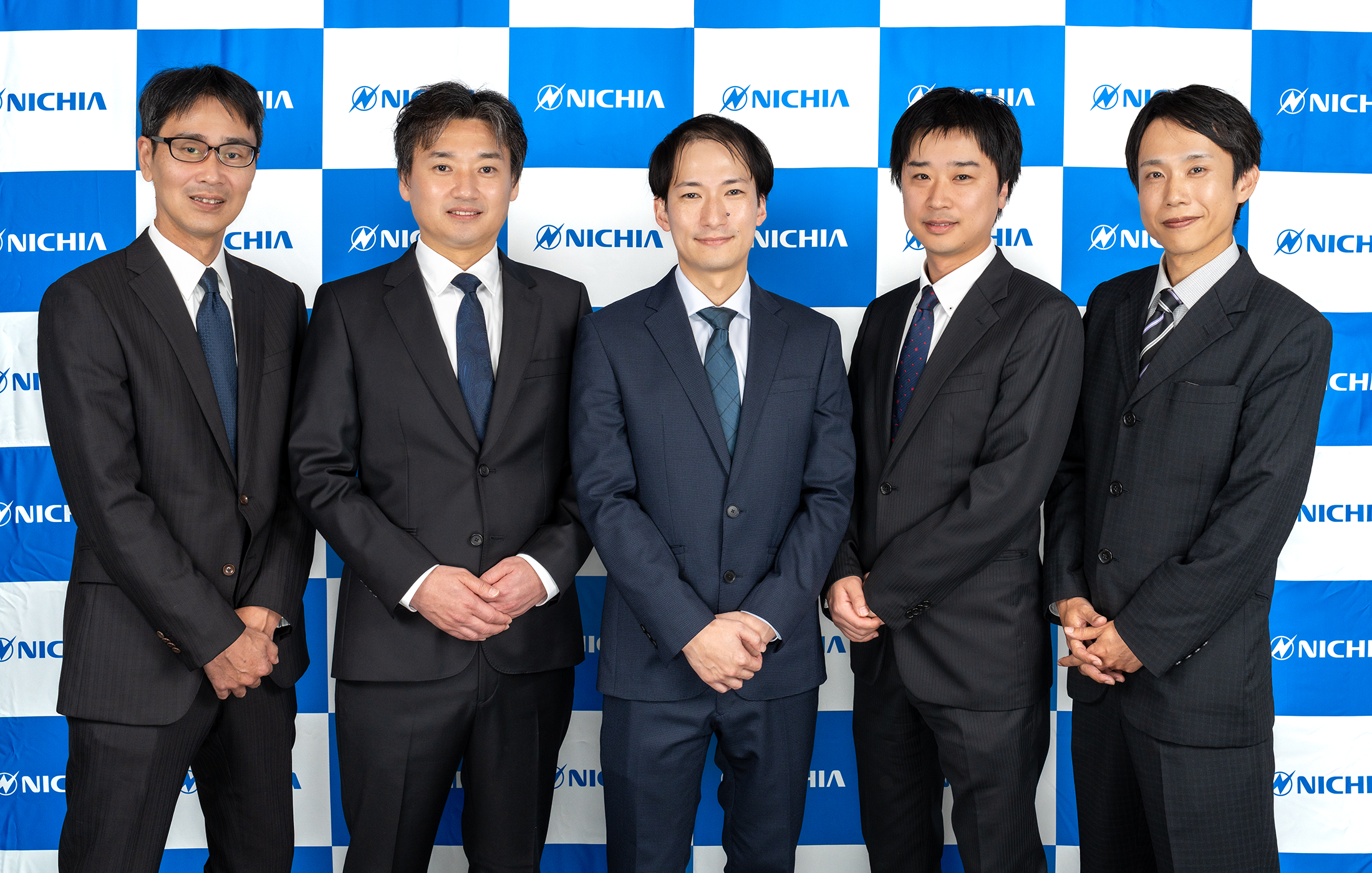
From the left:
Tsuyoshi Hirao (Development of the LD chip)
Tomonori Morizumi (Development of the reliability technology)
Yoshitaka Nakatsu (Development of the green LD)
Kazuma Kozuru (Development of the package)
Yoji Nagao (Development of the blue LD)
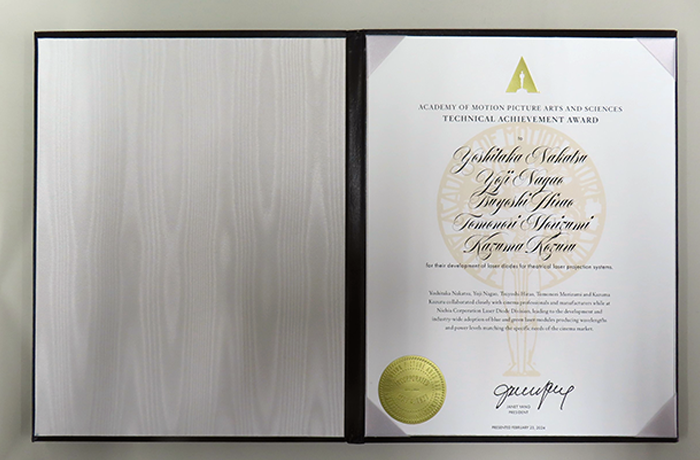
Photo of the certificate
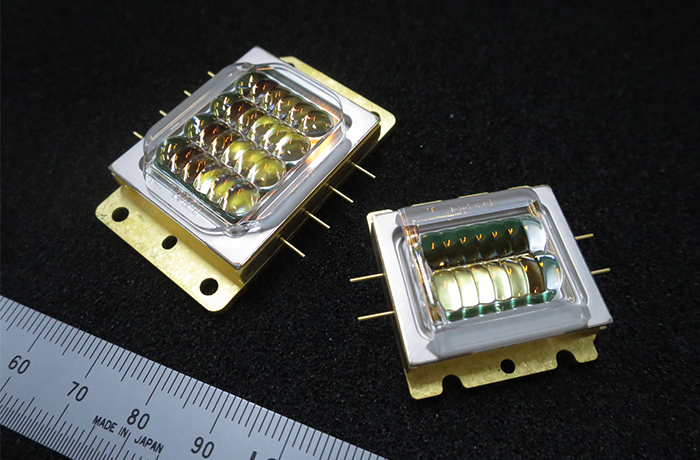
Nichia's Laser Diode Module: OctoLas™
The Background of Winning the Academy Award
Cinema projector light sources are rapidly transitioning from conventional bulb-type lamps to Nichia's laser diode sources, a new technology developed specifically for the cinema industry, thus the background of Nichia's award and recognition. A variety of reasons justify this shift, including:
Long Lifetime
Laser diodes have a longer lifetime compared to lamp-based light sources, significantly reducing the frequency of replacements. This not only cuts down on operational costs and maintenance efforts but also reduces the amount of waste generated, thereby lessening the environmental impact.
High Image Quality
Laser diodes offer a wider color gamut, achieving more vivid colors and deeper blacks. The high contrast ratio makes images clearer and more realistic, enhancing the visual experience.
Brightness
Laser diodes can emit very bright light, enabling clear projection of images on large screens. This allows cinemas to offer a more impressive movie experience.
Stable Light Output
The long-lasting laser light source experiences less light output depreciation over time compared to lamp-based sources, ensuring greater stability. This leads to less deterioration in image quality and maintaining consistent video quality over a longer period of time.
Energy Saving
Laser diodes are more energy-efficient than conventional lamp-based light sources and can therefore reduce power consumption. This not only cuts down on operational costs but also reduces energy usage and carbon dioxide emissions, making it an excellent choice for minimizing environmental impact.
Quick Start-up and Shutdown
Laser diodes have a significantly faster start-up and shutdown time versus lamp-based light sources, reducing the preparation time for projectors.
High Installation Flexibility
Laser projectors can have a smaller cooling mechanism due to their low power consumption, making them more compact than conventional lamp-based projectors. Additionally, unlike lamp-type light sources, there are no restrictions on the installation direction, making the placement flexible and allowing for projection from various angles and positions. This increases flexibility in cinema spatial design.
Applications
The superior performance of laser projectors is not only utilized in cinemas but is also widely used to meet visual needs in various fields. Many applications are expanding for various reasons:
Education

In educational institutions such as schools and universities, projectors are used for presentations and lectures in classrooms and auditoriums. The long life and low maintenance of laser projectors are particularly valued in educational settings where they are frequently used. Additionally, the ability to display large, bright, and clear images is expected to help in the visualization of teaching materials and enhance learning outcomes.
Business

In corporate meeting rooms and events, communication through presentations and videos is common. The bright images and vivid color reproduction of laser projectors provide a professional impression and effectively communicate information in business settings. Furthermore, their instant-on capability reduces unnecessary waiting times, contributing to more efficient use of time.
Entertainment
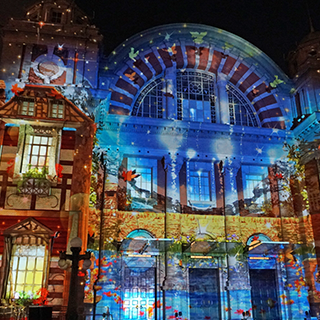
Laser projectors are also being adopted in the entertainment sector for concerts, events, and projection mapping. Their high image quality and ability to project onto large screens provide audiences with an overwhelming visual experience. Additionally, they can meet the high reliability demands necessary to preserve those irreplaceable moments.
Public Facilities
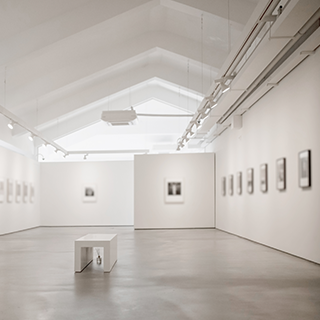
In public facilities such as museums, art galleries, and libraries, projectors are used to provide information and explanations for exhibits. Laser projectors long hours of operation and are suitable for continuous displays.
Simulators
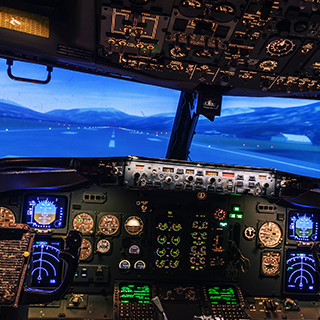
For applications such as airplane pilot training and car driving simulations, a recreation of realistic experiences is required. Laser projectors are ideal for reproducing immersive and realistic spaces because they deliver vivid, rich colors and can produce images in a variety of directions with no restrictions on installation orientation. Additionally, their long lifetime and low maintenance requirements make them cost-efficient for extended use.
Home Theater
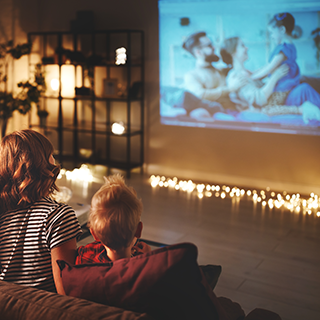
Laser projectors are also becoming popular among home theater enthusiasts. For users seeking a high-quality home theater experience, laser projectors, with their brightness and richness of color, make watching movies, sports, and playing video games a more immersive experience.
Introduction of the Movie Theater
Below are some movie theaters equipped with the projectors which use the light sources that have won the Academy Scientific and Technical Award this time.
Radiance of Beihai
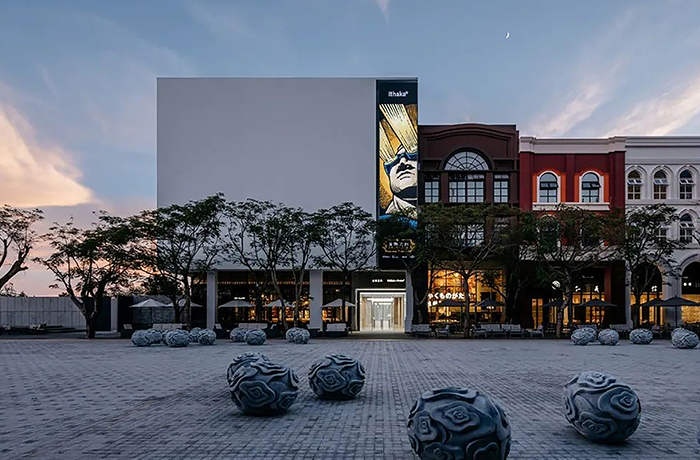

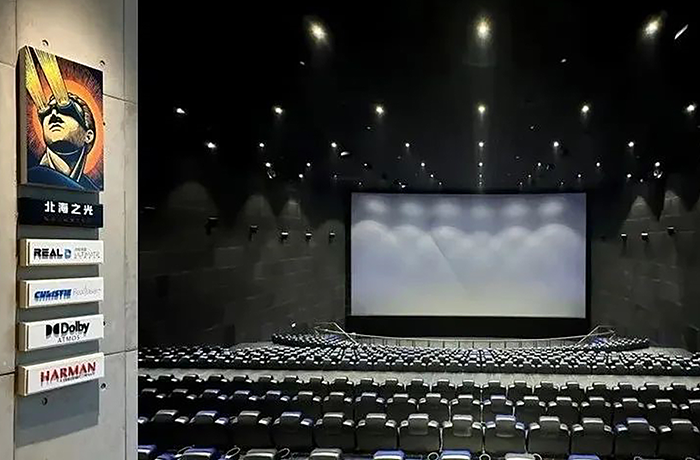
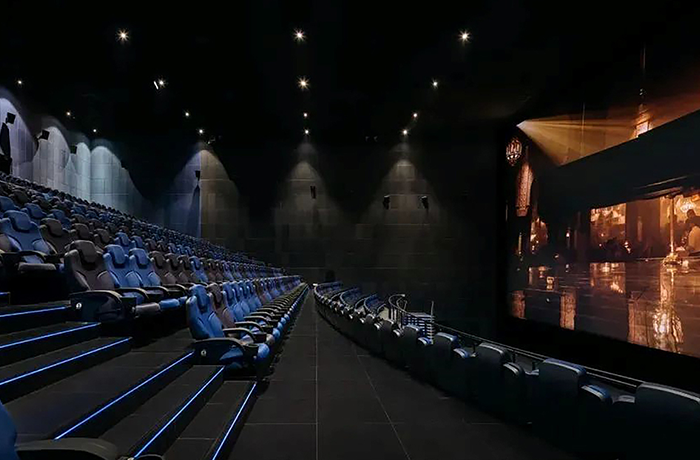
Cinema Sunshine Iizuka
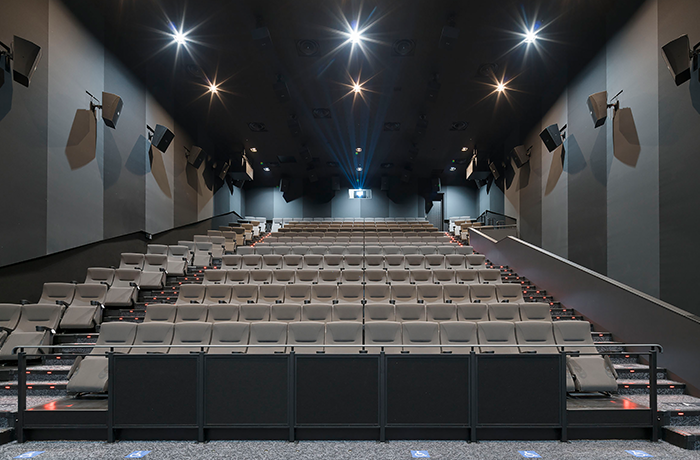
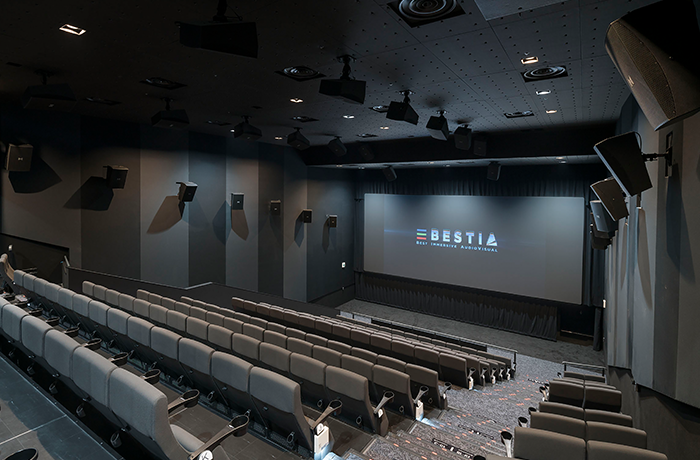
(Photos courtesy of Christie)
Bringing Academy Award-Winning Technology to You
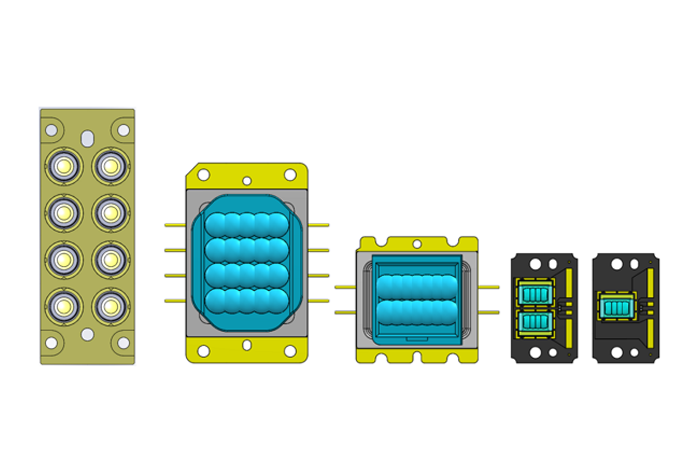
Changes in the Package Size
Nichia has been dedicated to developing a compact-size package which allows people to enjoy high theater-quality pictures even at home.
Nichia has successfully reduced the product size while maintaining the required quality, making it possible to be used in home projectors typically limited by space.
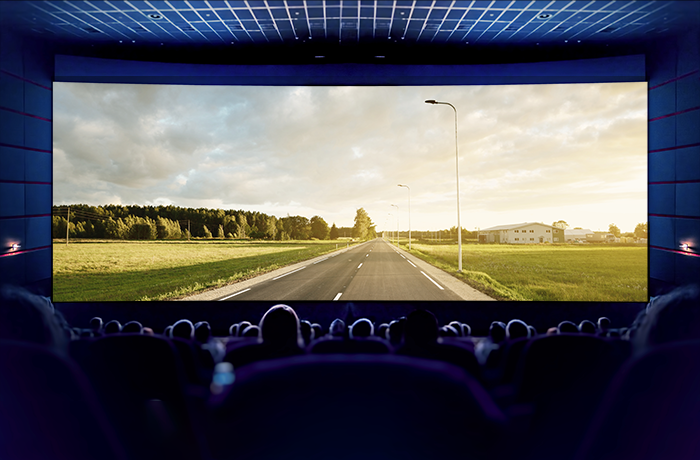

Bringing a High-quality Theater Experience to Homes
JMGO:
Hisense:
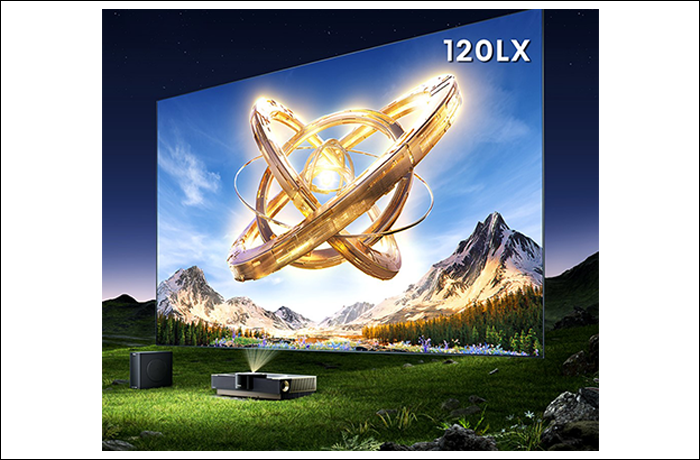
120LX 8K 120” RGB Laser TV
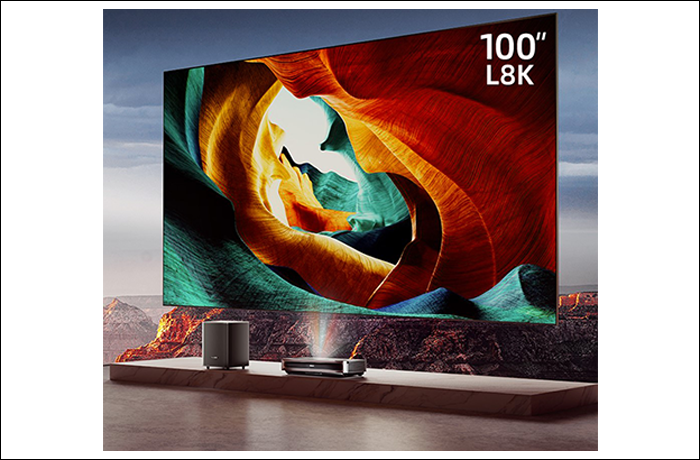
100L8K 4K 100” RGB Laser TV
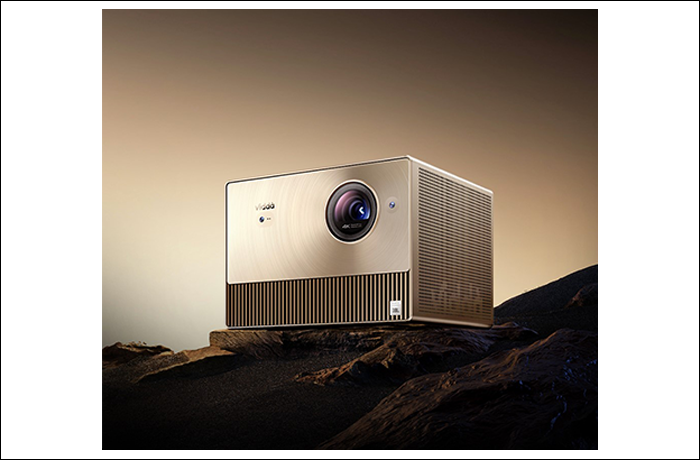
4K RGB Laser Projector Vidda C1 Pro
Reference:
https://visual.hisense.com/product/index.aspx?nodeid=2&dataNum=1
https://www.vidda.tv/#/product-detail?id=167
Anker Japan:
Dangbei:
XGIMI:
BenQ:
Comments from the five members recognized by the Academy
Yoshitaka Nakatsu (Development of the green LD)
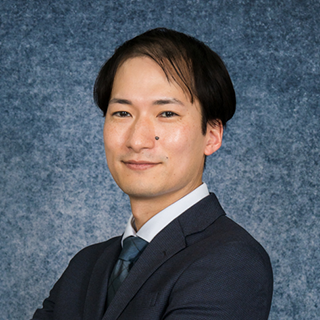
While many of the products using our laser products are recognized around the world, the components of the products are not widely publicized. I would like to express my sincere gratitude to the Academy of Motion Picture Arts and Sciences (AMPAS) for giving such a great award to the GaN-based semiconductor laser (LD), which is a less conspicuous product.
As I mentioned in my speech at the award ceremony, Mr. Nagao designed the blue LD device; Mr. Hirao designed the ridge structure and electrode devices; Mr. Morizumi has been in charge of ensuring LD reliability and Mr. Kozuru developed the new package. In addition to their achievements, commercialization would not have been possible without the cooperation of the development, engineering, and production departments. I would also like to extend my sincere thanks to Mr. Nagahama, Mr. Kozaki, and everyone else in the LD Division for their pioneering work in GaN-based LDs. Furthermore, my special thanks go to our valued partners for adopting our green LDs developed for cinema projectors in movie theaters.
I mainly devoted efforts to developing green LDs with a wavelength of 532nm for cinema applications as a project leader. We could not have achieved these accomplishments without the contributions of all those who worked with us.
For those who are interested in working for or partnering with Nichia, our company pursues developments of new technologies and innovation to enrich our society, and the great facilities and work environment support us to achieve our goals. Having “Ever Researching for a Brighter World” as our motto, Nichia has grown along with the development of the optical semiconductor industry, starting with the refining of calcium, followed by gallium metal and compound semiconductors, and then progressing to optical semiconductors such as blue/white LEDs and ultraviolet to green LDs. Nichia is a company that encourages us to take on new challenges.
We will continue to develop new light sources that contribute to the world with our team members.
Kazuma Kozuru (Development of the package)
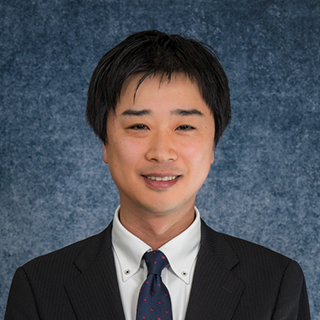
I am truly honored to have received this award. I was involved in the development of a package equipped with laser chips, known as OctoLas. Around that time, the mainstream laser packages used in projectors were TO-CAN types, which contained a single chip. However, this posed a significant challenge because, due to the need for greater light output, it was necessary to use multiple CANs in tandem and doing so tended to increase the size of the projector and elevate costs. On the other hand, OctoLas integrates multiple chips into a single package and features a structure that dramatically improves heat dissipation. This has allowed us to achieve a light source that is compact, high-powered, and cost-effective.
Developing an entirely new structure, including the assembly process, presented various difficulties. However, I believe we were able to realize this thanks to the cooperation of many people within the company and the opportunity to work on the development of various component technologies up to that point. I will continue to work on technological development to evolve laser light sources.
Tsuyoshi Hirao (Development of the LD chip)

I am very honored and delighted to receive this award as praise for all the efforts and research achievements we have made over the years. I believe that this amazing award will serve as a catalyst that will bring worldwide recognition to Nichia's technology and motivate us to innovate even more achievements.
This award was made possible by our team members and all of the people involved who are supporting us. I would like to express my deepest appreciation for their contributions to the technology and product development. There were countless trials and errors in the technology development process, and I experienced significant stress and pressure during the product development process. However, thanks to the cooperation and efforts of many people working with us, we have succeeded in developing a laser light source with the best performance in the world.
We will continuously work on technology developments to improve laser light sources and dedicate efforts to contributing to technological innovation.
Tomonori Morizumi (Development of the reliability technology)
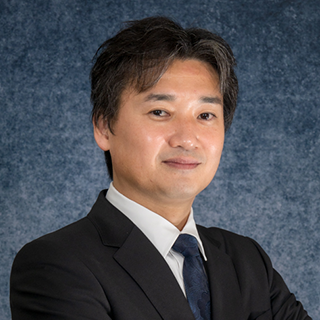
I was very surprised and am deeply honored that we received this award. It gave me great motivation. I would like to express my sincere gratitude to all those who worked with us.
Especially for cinema applications, it is usually a requirement to have long product lifetime, lasting for many thousands of hours, and excellent reliability for high-power blue and green LDs.
In order to avoid COD (catastrophic optical damage), a problem in which an LD suddenly fails to emit light that has occurred especially in blue LDs, it was necessary to improve the LD chips, though this improvement was difficult to accomplish. In addition, since it took a long time to verify that the required reliability was being achieved, we found it very challenging to meet the higher outputs according to the roadmap presented to the customers. The laser projectors that use blue and green LDs greatly enhance the color vibrancy of the screen, which enables people to have an immersive film experience. I hope that similar high-quality movie experiences will become readily available in homes as well.
Yoji Nagao (Development of the blue LD)
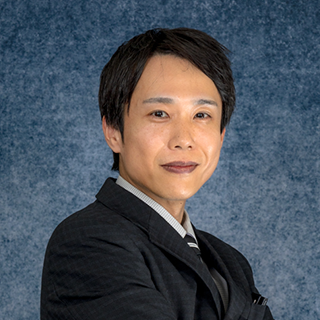
I feel blessed and privileged to receive this prestigious award as an engineer. Every member of the LD team worked hard, from planning to research, production, and sales, and this award is the result of all our team's efforts.
Thanks to Nichia's excellent facilities and supportive work environment, we can embody our ideas throughout the research and development process unconstrained, and I believe this is what helped lead us to the achievement of blue and green laser diodes with the world's highest luminous efficiency. Although there are few opportunities for the steady work of our engineers to be recognized by the public, I sincerely hope that this achievement will encourage children and students to realize how interesting technology is and motivate them to become engineers. We wish to continue to innovate and create products that enhance people's lives and our society.
Finally, I would like to thank my parents for raising me, my wife for her support, and my two daughters.
Message from the President
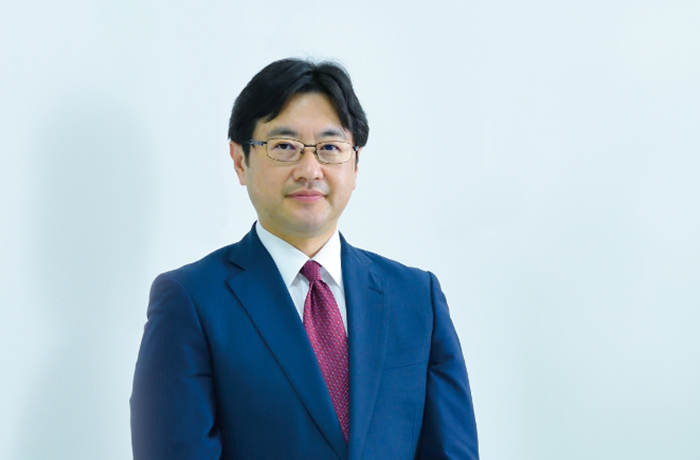
President & CEO Hiroyoshi Ogawa
We are really honored to receive this prestigious award after working together as “one-team” to overcome numerous challenges until successfully developing these products.
I would also like to express my sincere appreciation to the Academy of Motion Picture Arts and Sciences (AMPAS) for recognizing our work, as well as the theater systems and projector manufactures for giving us the opportunity to be involved in the movie industry.
Encouraged by this award, and as a pioneer of optical semiconductors, we will continuously work on advanced light source technology and development of products that widely contribute to society, such as new home projectors that enable people to experience high-quality of theater experience in homes.

